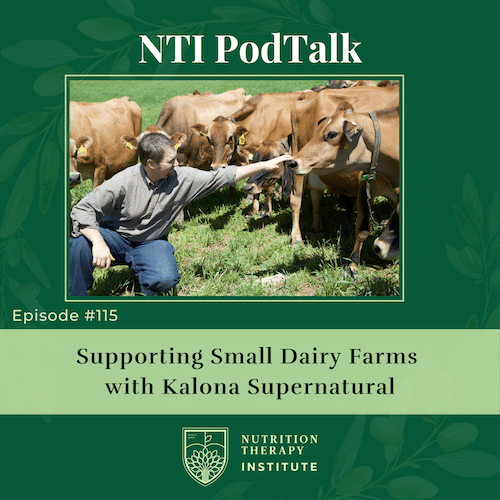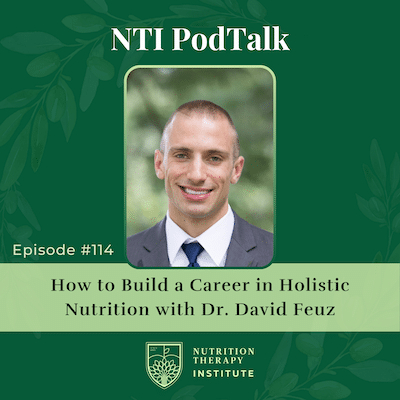
Share this post!
In the first part of this blog series, I told you why it’s so important to be an informed food consumer, and how to get more informed. To further drive that point home, this part will focus on how corporations influence food policy.
It’s no secret that corporations give money to other organizations to promote their own interests and keep profits up, and the food industry is no exception. Businesses in the food industry are driven by profits, and there is no incentive to demonstrate the value of nutrient-dense foods. They focus on producing ultra-processed foods that are easy to transport and mass produce. Unfortunately, these same corporations are involved in setting health policies and research agendas, and influence the environment to protect their interests. On top of that, they also lobby and litigate against health policies and recruit scientists to influence the public. The involvement of these corporations in setting health policies is a serious impediment to the efforts to reduce rates of non-communicable diseases such as obesity and diabetes.
What About The Academy of Nutrition and Dietetics?
The Academy of Nutrition and Dietetics (AND) is the world’s largest organization of food and nutrition professionals. The AND’s 112,000 members are mostly registered dietitians (RDs), as well as other health and nutrition professionals. They act as an authority in US food policy-making and are influential in the process of setting the US Dietary Guidelines. Their mission is to accelerate improvements in global health and well-being through food and nutrition. However, there seems to be a disconnect between their mission and their financial ties to food, pharmaceutical, and agribusiness corporations.
The AND has close ties to corporations such as Coca-Cola, PepsiCo, General Mills, Kraft, and Nestlé. They have invested funds in the stock of pharmaceutical companies such as Abbott, Johnson & Johnson, Perrigo Co., and Pfizer Inc. They also have connections to agribusiness companies like Monsanto, who has donated at least $395,000 to the AND.
The Disconnect Between The Academy of Nutrition and Dietetics Mission and Their Sponsorship Program
Their Corporate Sponsorship Program allows organizations to interact with dieticians and dietician students through funding and providing Continuing Professional Education (CPE) credits, conference exhibits, promotional emails, and more. The AND Corporate Sponsorship Guidelines state that a sponsor’s vision and mission must align with the Academy’s vision and mission. Some of these sponsors, and the products they represent, seem to violate the sponsorship guidelines. The sponsorship program further demonstrates the disconnect between the AND’s mission and their ties to certain corporations.

The Academy of Nutrition and Dietetics’ 2022-2023 sponsors include:
- The National Confectioners Association (NCA): a trade organization that promotes chocolate, candy, gum, and mints and the companies that make them. From their website: “NCA helps create an environment that enables candy makers to thrive.”
- Tate and Lyle: a global supplier of food and beverage ingredients that include artificial sweeteners, high fructose corn syrup, fibers, thickeners, and stabilizers with the goal to “…reduce sugar, calories, and fat, and add fiber to food and drink.”
- Bayer U.S. – Division Crop Science: a multinational company that produces herbicides, pesticides, fungicides, insecticides, and seed treatments.
- Reckitt/Mead Johnson Nutrition: Manufacturer of infant formula, iron supplements, toddler drinks, and more. Reckitt/Mead Johnson offers continuing education courses to Academy members.
- Abbott: Listed as a Premier Sponsor on the AND website. A medical products company, their most well-known brands include Pedialyte, PediaSure, Ensure, Similac, and Glucerna.
The connections that the AND has to these corporations undermines the integrity of the health and nutrition professionals that are educating people about healthy eating, and clashes with their mission to improve health globally. An article published in October 2022, The Corporate Capture Of The Nutrition Profession In The USA: The Case Of The Academy of Nutrition and Dietetics, goes into great detail about the interactions between the Academy and these corporations.
Knowledge is Power
With the understanding of how corporations influence health policies and public knowledge comes the realization that we, as consumers, need to take matters into our own hands. Even dieticians, the people who are supposed to help us make better food choices, are being influenced by companies that produce unhealthy food products. Get informed and learn how to navigate and evaluate information. Look at it from every angle and then decide for yourself what is best for your health. In the next part of this blog series, we will discuss the differences between dieticians and holistic nutrition professionals.
Want More? Listen to this podcast with NTI Director, Dianne, about the corporate control of America’s food system.
Related reading…
Decoding Food Labels For Your Health
Try a Course – Commitment-Free
Are you curious about NTI’s courses but are not ready to commit just yet? We have options for you! We offer the option to apply as a Single Course Enrollment (SCE) student. This allows you to take your first course as a “taster” course without paying any application fees or going through the full application process. Ready to start? The SCE application only takes a few minutes to complete. There’s no reason to wait, apply, and start today!
About the Author: Brittany Ferrer is a graduate of NTI’s Nutrition Therapist Master program. She has a passion for helping people optimize their health through nutrition. She believes in the healing power of herbs and loves foraging for and making her own herbal remedies.
REFERENCES
- https://www.eatdrinkpolitics.com/wp-content/uploads/AND_Corporate_Sponsorship_Report.pdf
- https://www.who.int/news-room/fact-sheets/detail/commercial-determinants-of-health
- https://www.eatdrinkpolitics.com/about/resources/food-politics/#what%20kind%20of
- https://www.ncbi.nlm.nih.gov/pmc/articles/PMC8838405/
- https://www.eatrightpro.org/
- https://www.cambridge.org/core/journals/public-health-nutrition/article/corporate-capture-of-the-nutrition-profession-in-the-usa-the-case-of-the-academy-of-nutrition-and-dietetics/9FCF66087DFD5661DF1AF2AD54DA0DF9
Images:
- Image by George Becker from Pexels
- Image by Veronica from Pexels
Share this post!


















